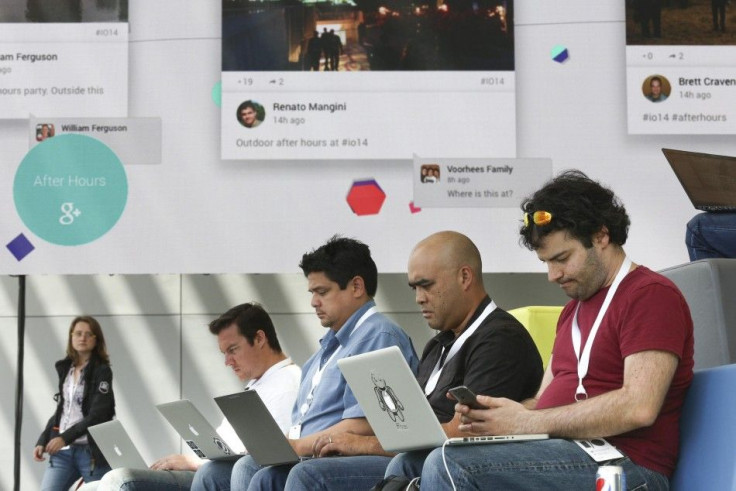Google To Fix Chrome Bug that Drains Laptop Battery Power

Google has ordered an immediate fix of a Chrome bug that reportedly drains the batteries of laptops running on Windows 7, reports Computer World. Google's move came after Forbes' contributor Ian Morris flayed how Chrome on Windows had been setting system ticks at a hyper rate.
Power Saving Mode
The Windows' default timer resolution is 15.6ms. The ms here is millisecond, which is one-thousandth of a second. That means that the processor wakes up 64 times each second. It is to save power in laptops that the processor wakes at definite intervals to take care of the tasks.
Global Change by Chrome
But Chrome changed default to 1ms globally when the browser was launched. So the processor checks the business 1,000 times each second, which marks a jump of 1,463 per cent in terms of frequency. In Chrome the tick rate does not return to the default until it is shut down. This is unlike the case with Microsoft's Internet Explorer and Mozilla's Firefox which return to Windows' default when the job is completed.
Limited to Windows 7
But the problem of Chrome interrupt frequency problem is limited to Windows 7 only. Both OS X and Linux are using tickless timers as in Windows 8 and 8.1.
Google Takes Up
Following the uproar, on July 14, Google assigned a developer to investigate the bug and made it priority No 1 and clarified that the bug has been assigned internally to resolve it. But the Chromium bug tracker has not indicated when the problem will be fixed or which version of Chrome will carry that change.
Hanging Fire
Ron Amadeo of Ars Technica writes that the issue has been hanging fire for long. Google consciously set the system-wide timer at such a high rate. He quotes Mike Belshe, a Chrome engineer and the inventor of the SPDY protocol saying in a blog post in 2010 that faster timer is justified.
The blog said, the default timers are too slow. When the processor speeds have shot up from 500Mhz to 3Ghz in the past 15 years, default timer resolution has to change. At 3GHz, 15 ms is an eternity!.
Battery Detection Changed
Google had claimed that before Chrome 1.0 shipped out the beta was modified and fast timers were turned off for systems running on batteries. After this fix, not many complaints were heard. The complaints of Chrome running higher timers have now resurfaced. It seems somewhere something happened that broke the battery detection system.




















